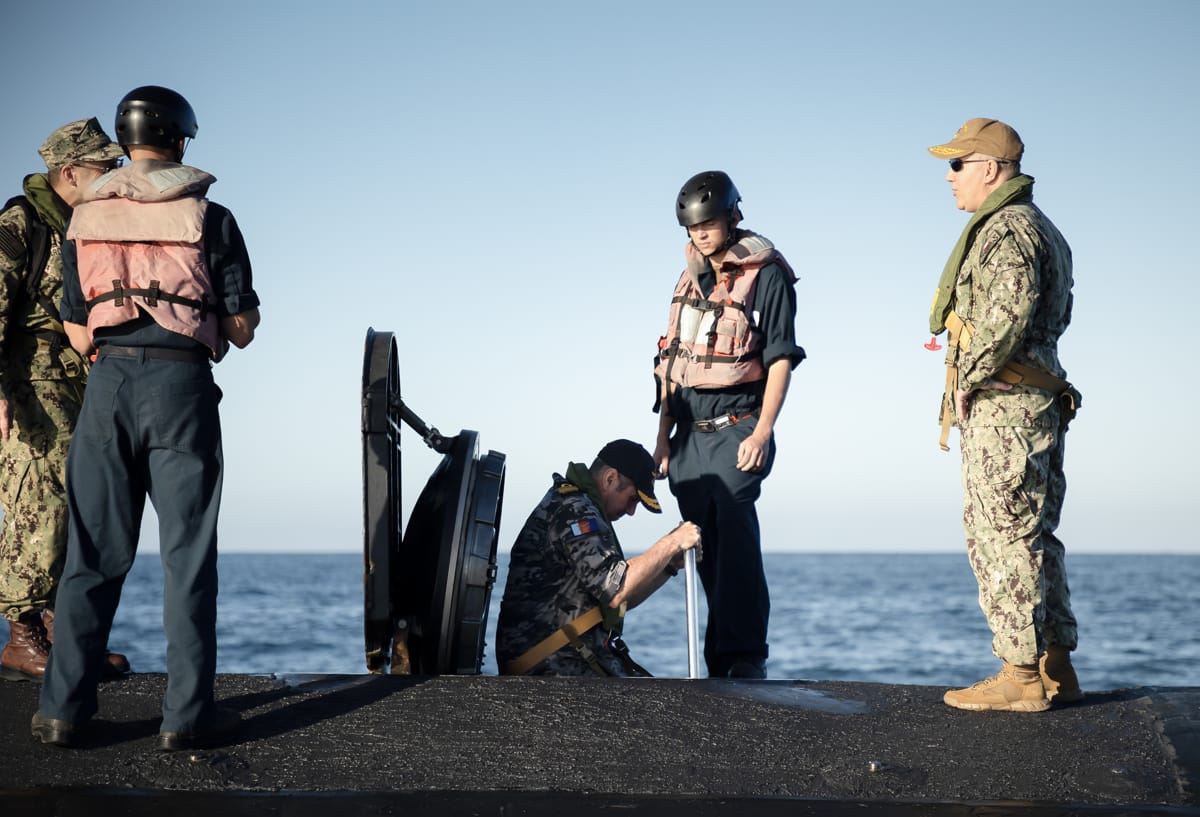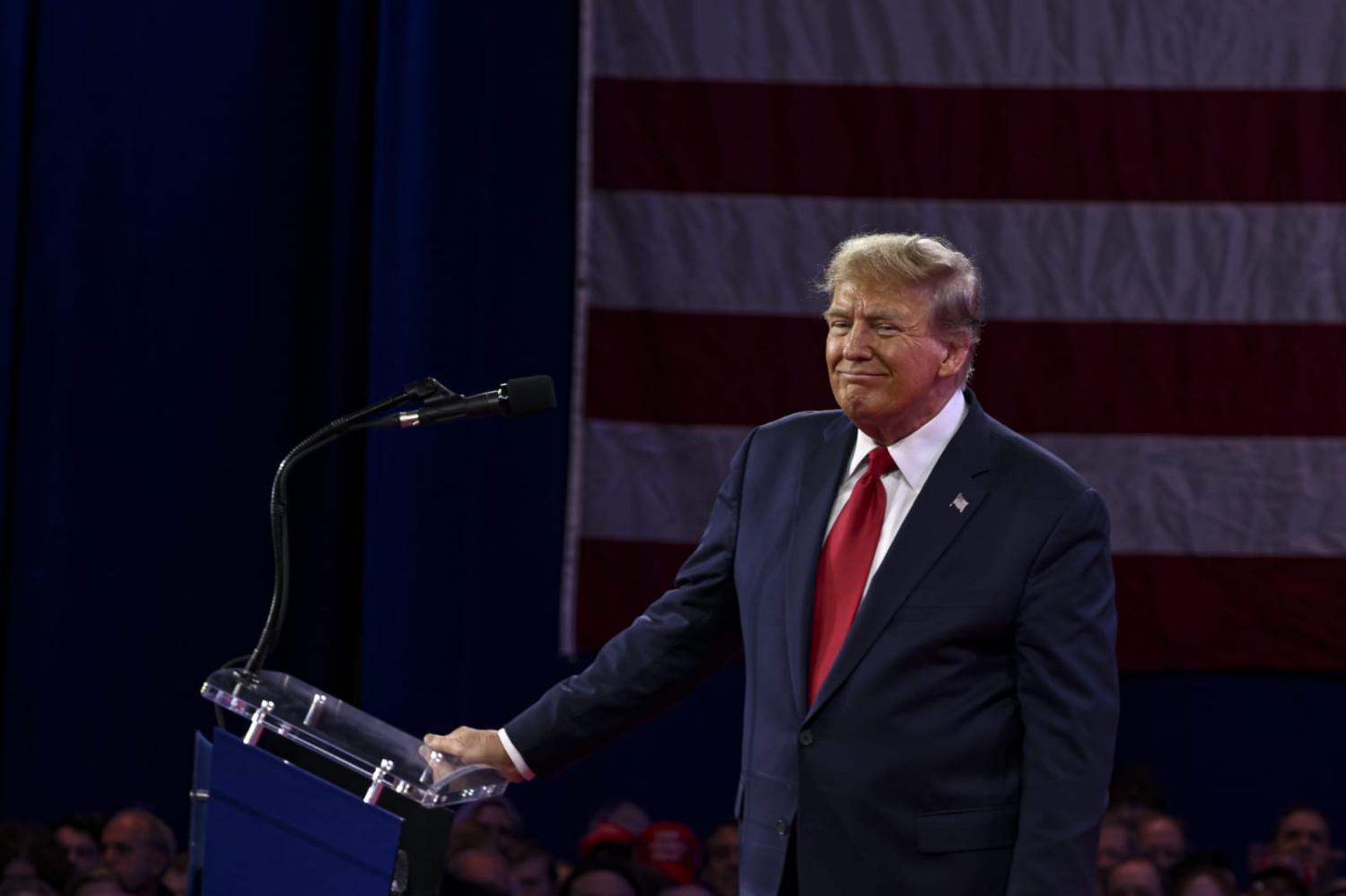Donald Trump’s recent outburst about lax European defence efforts once again made headlines. Trump went further than earlier suggestions he would pull the United States out of NATO, insisting that he would actively “encourage” Russian action against certain NATO allies. Trump is clearly not a fan of those he deems not to be pulling their weight, and NATO’s 2% spending target provides an easy litmus test for him to apply. Not spending 2%? For Trump, it is simple: you are a “delinquent”.
Such statements have a negative impact on the cohesion of the main powers attempting to resist and ultimately end Russian aggression in Ukraine. However, Trump’s intentions are clear: to jolt those Europeans taking a holiday from geopolitics into taking greater care of their neighbourhood. Of course, spending 2% alone does not leave a nation immune to critique; how that money is spent matters, as well as other foreign and defence policy choices. But, and especially when viewed through a Trumpian lens, it is a useful yardstick in measuring commitment.
What is less clear, however, is Trump’s thoughts on other allies and intimate arrangements the United Stated has entered into, such as with the United Kingdom and Australia under the AUKUS tripartite.
Trump allegedly had leaky conversations around AUKUS with Australian businessman Anthony Pratt about America’s submarine capacity after leaving office, but he is yet to lay out unequivocally his stance on the agreement. This could be read either way; Trump may support it quietly but be reluctant to endorse a Biden-era project that has aspects some Republicans are somewhat against, or he may disapprove of it quietly but not wish to rope the British and Australians into his tirades against Europeans he has greater issue with.
But reading between the lines of his remarks – both recently and when he was president – suggests that AUKUS is something Trump may well support.
Simplified, AUKUS is more concerned with China than Russia. Conversations about the need to uphold a “rules-based” or “free and open” order in the Indo-Pacific boil down to a desire to resist the Chinese Communist Party making the rules of the road there, rules that would primarily threaten the economic interests of AUKUS members, but also potentially their direct security as well as that of others the three countries would rather see unharmed and free from coercion. And intrinsic to AUKUS is the three aligning their geostrategic objectives towards this in the Indo-Pacific, something that may lead to participation in military deployments intended to deter or respond to Chinese activity in the Taiwan Strait and South China Sea in particular. Pillar I, when realised, will grant Australia the capacity to participate much more consequently in such operations through the acquisition of high-end forward-deployable assets with greater lethality and endurance, and further enhance Britain and America’s ability to do so.

Trump is unpredictable, but one can assume he would support two of America’s closest allies up-skilling their capabilities in this way, especially when they are aimed at the state Trump seems more concerned about. It is certainly a demonstration of them wanting to pull their weight.
American industry is also getting a boost from AUKUS. The sale of 3-5 Virginia-class submarines to Australia in the early 2030s in the context of Australia’s up to US$3 billion commitment to lift America’s submarine industrial base and the capabilities the Virginias would grant Australia may seem to Trump like a “good deal”. The United States may also buy into elements of the AUKUS-class nuclear submarine, which Britain and Australia plan to procure in the future.
The sharing of advanced technologies through Pillar II also seems like something that would concern Trump on the surface. But it is again aimed at improving the capabilities of American allies, and, important when viewing Pillar II through a Trumpian lens, it will grant America new capabilities that Australia and the United Kingdom have or are working on, which the United States does not, such as a quantum compass.
What are Australia and the United Kingdom to do if Trump comes out against AUKUS? After all, he does not buy into the rhetoric around “international order” that the partnership is so regularly couched in. The points regarding the up-skilling of British, Australian and indeed American capabilities should certainly be raised, but, at least in Australia’s case, the importance of Australia to American defence and its overall Indo-Pacific geostrategy should be central. The intelligence facility at Pine Gap springs to mind, as does the importance of Australia’s diplomatic and aid work in the South Pacific, something raised in importance given America’s delay in renewing Compacts of Free Association funds.
It is not impossible that Australia and Britain eventually find themselves in Trump’s firing line – as president, he demanded allies spend even more than just 2% of GDP on defence – and AUKUS may be central to that. But on paper, AUKUS seems like a “deal” that the next American president may find himself getting behind, even if he tramples on European sensibilities and tears up old arrangements.

